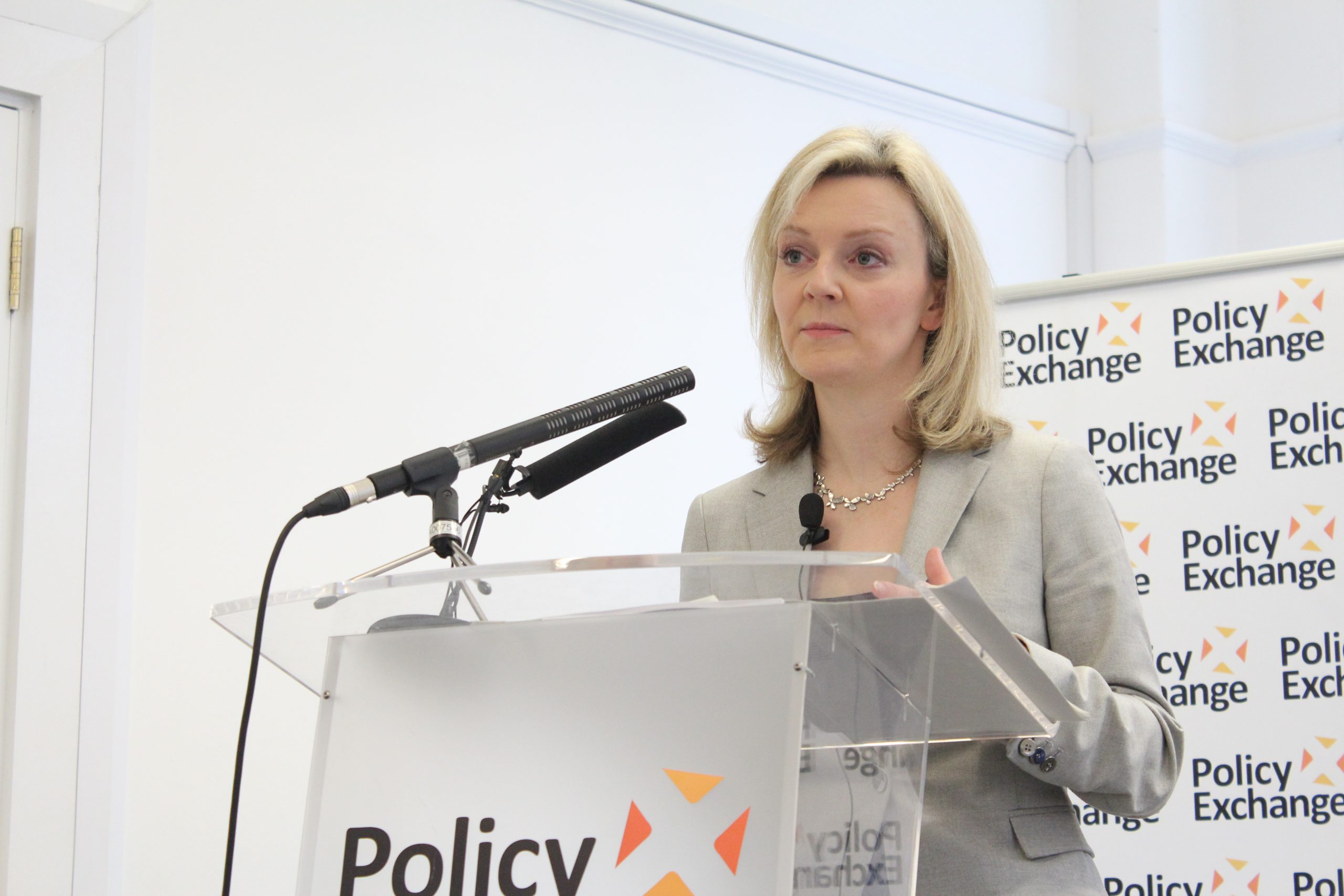Loud slogans, lazy generalisations, and an insistence on perpetuating divisions; an all too familiar tool wielded by desperate politicians. Liz Truss’ shiny and insubstantial new phrase does not seem to be an exception.
During her speech at last Wednesday’s conservative party conference, Truss demonstrated once again that she is a politician who defines herself by her enemies. If in coining the term “anti-growth coalition” she hoped to fend off criticism of the proposed mini-budget, she may have miscalculated. The “anti-growth coalition” appears to refer to not only Truss’ political enemies but stretches to BBC broadcasters, activists, and podcasters with anything vaguely critical to say about her government and its thus far fairly disastrous attempts to pass economic policy.
Making sweeping generalisations about one’s political rivals is not a new idea. In fact, it has distinct echoes of Trump who used similar all-encompassing terms of disparagement to great effect during his 2016 election campaign and proceeding term in office. The idea of an “Anti-growth coalition” which is to blame for all the economic problems currently facing the British population is very reminiscent of Trump’s “enemies of the people”, which he employed in a similarly general sense to belittle his political adversaries. This messaging is certainly effective in its ability to create division and allow politicians to dismiss anyone who disagrees with their policy in one catch-all term. However, it is also politics at its laziest and most theatrical.
It is not only a lazy generalisation, but also a fairly limp criticism of her political enemies; How many of those lumped into the “anti-growth” coalition are genuinely anti-growth? Indeed, Truss’ three-word slogan- “growth, growth, growth” is not the radical idea she thinks it is. Climate activists for one are hardly anti-growth; they are simply pro greener and more sustainable energy expansion. Members of trade unions are likewise pro-fairer wages and better working conditions which cannot plausibly be termed “anti-growth”. Most individuals and organisations want to see progress and “growth”. What people object to are the policies that Truss and her government have tried and failed to implement in order to facilitate it. Tax cuts and deregulation, which have been presented by Truss as the solution to the UK’s stunted economy, are unsurprisingly unpopular and largely thought of as an outdated mode of promoting growth, economic or otherwise.
The hypocrisy of her messaging is also striking. None of the groups she blames has been in the driving seat of policymaking for a good 12 years. It is a decade of Tory ineptitude which has led the UK to this point, which is a legacy Truss seems keen to uphold. If Truss want’s to find this anti-growth coalition, all she need do is look in the mirror.
Image “Liz Truss MP, Minister for Education and Childcare, at her speech setting out government plans to promote more great childcare” by Policy Exchange is licensed under CC BY 2.0.

